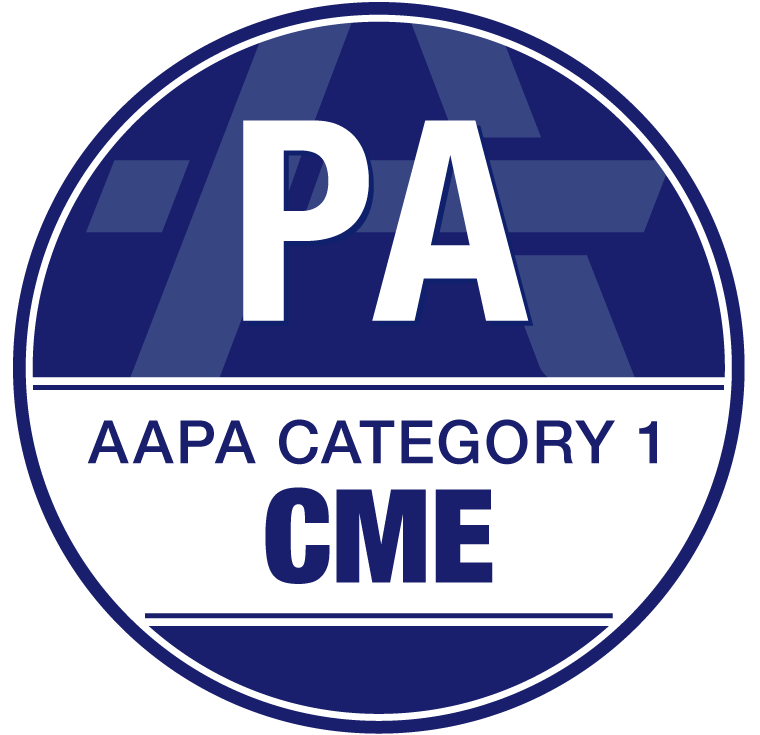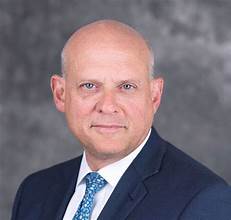
This activity is also available as a podcast: You may listen here
The glucagon-like peptide-1 receptor agonist (GLP-1RA) class of medications has become an important option for treating patients with type 2 diabetes mellitus (T2D). Cardiovascular outcome trials also show that selected GLP-1RAs exert beneficial cardiovascular benefits in patients with and without T2D. In this activity, case studies commonly encountered in cardiology practice are utilized to prompt reflection on opportunities for reducing cardiovascular risk. Drawing on seminal research and their own experience, cardiologist Jorge Plutzy, MD, and endocrinologist Helena Rodbard, MD, navigate through a series of ‘clinical questions’ to inform regarding the clinical pharmacology of the GLP-1RAs and their evidence-based role in cardiovascular risk reduction, particularly in patients with secondary atherosclerotic cardiovascular disease. The faculty also provide recommendations to optimize the use of GLP-1RAs as a class, as well as individually, including strategies to mitigate gastrointestinal adverse events and address patient concerns. In closing, Dr. Plutzky underscores the essential role of cardiologists in diabetes care, advocating for a collaborative, interprofessional team approach to optimize the health of patients with chronic coronary disease.
Course Credit:
1.25 AAPA Category I Hours
1.25 AMA PRA Category 1 CreditsTM
1.25 ANCC Contact Hours
1.25 CA-BRN Contact Hours
1 Pharmacology Hour
Dates:
Opens: 2024-01-31
Closes: 2025-02-28
Target Audience:
The target audience includes cardiologists and cardiology advanced practice providers who treat patients with type 2 diabetes (T2D), and other clinicians with an interest in T2D.
This activity is supported by an independent educational grant from Novo Nordisk.
Accreditation

The Annenberg Center for Health Sciences at Eisenhower designates this enduring activity for a maximum of 1.25 AMA PRA Category 1 Credits™. Physicians should claim only the credit commensurate with the extent of their participation in the activity.

Annenberg Center for Health Sciences at Eisenhower designates this enduring activity for a maximum of 1.25 contact hours, including 1 pharmacology hour.
To receive credit for education contact hours outside of the state of California, please check with your state board of registered nursing for reciprocity.
Additional Content Planners
Eugene Cullen, MD (Peer Reviewer)No significant relationships to disclose.
Heather Jimenez, MSN, FNP-C (Nurse Planner)
No significant relationships to disclose.
Chandler Schexnayder, PharmD, BCPS, CDCES, BCACP (Medical Writer)
No significant relationships to disclose.
Annenberg Center for Health Sciences
Staff at the Annenberg Center for Health Sciences at Eisenhower have no relevant financial relationships to disclose.
All of the financial relationships listed for these individuals have been mitigated.
-

Jorge Plutzky, MD
Director, Preventive Cardiology
Cardiovascular Medicine
Brigham and Women's Hospital
Boston, Massachusetts -

Helena W. Rodbard, MD
Past President, American Association of Clinical Endocrinologists (AACE)
Past President, American College of Endocrinology (ACE)
Founder and Medical Director, Endocrine and Metabolic Consultants
Rockville, Maryland
Presenting Faculty
Downloads
Learning Objectives
- Explain how the mechanisms of action of glucagon-like peptide-1 receptor agonists (GLP-1 RAs) address key pathophysiologic mechanisms of type 2 diabetes
- Compare and contrast the agents within the GLP-1RA class
- Formulate strategies to ease patient safety concerns and improve tolerability to GLP-1 RAs
- Justify the use of GLP-1 RAs for secondary prevention of cardiovascular disease in patients with type 2 diabetes
- Apply current evidence-based recommendations from the ACC, ADA, and ADA/EASD to individualize GLP-1RA therapy in patients with type 2 diabetes
Faculty Disclosures
Jorge Plutzky, MD
No relationships to disclose.Helena W. Rodbard, MD
Consultant: Pacira
Research Support: Eli Lilly, Inversago, Medtronic, Novo Nordisk, Sanofi
Speaker Bureau: Bayer, Boehringer Ingelheim, Merck